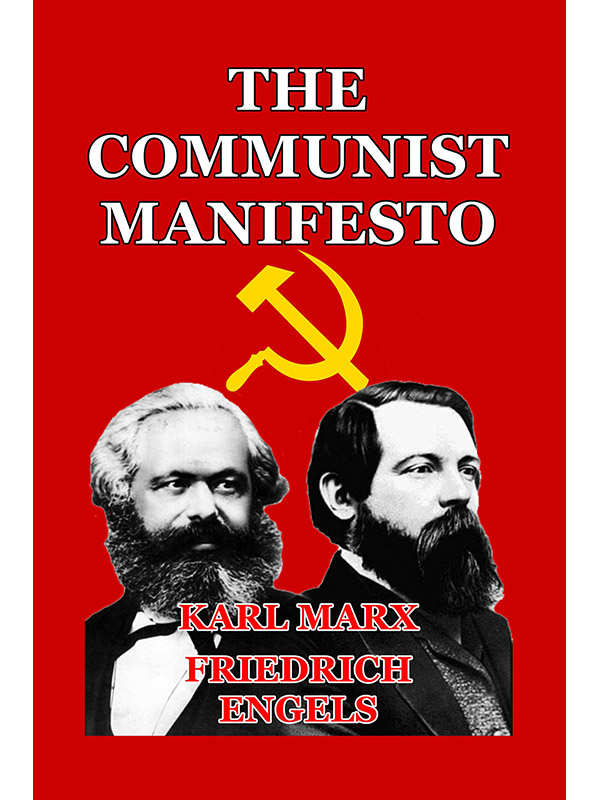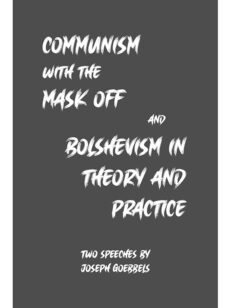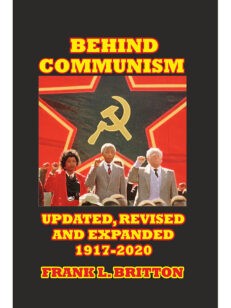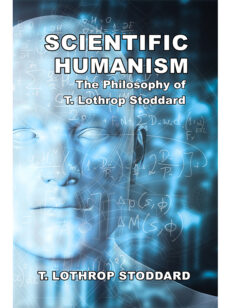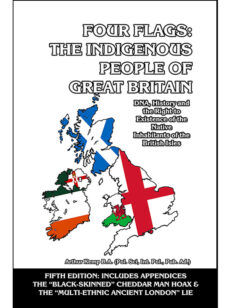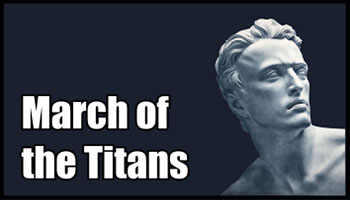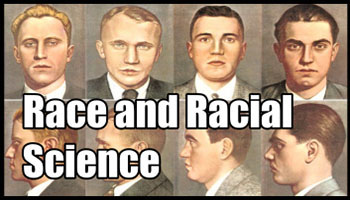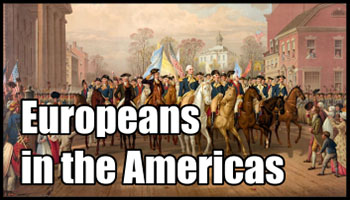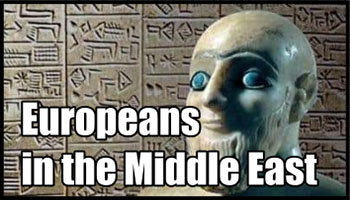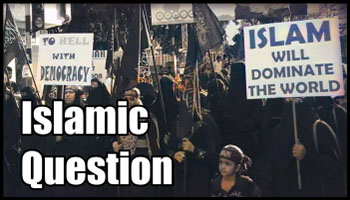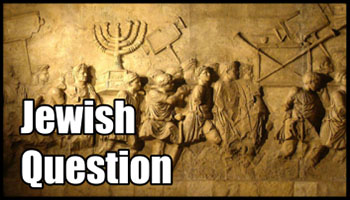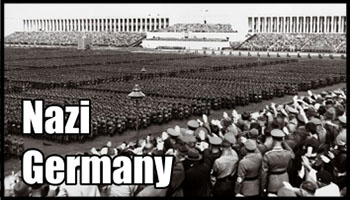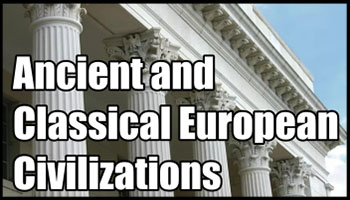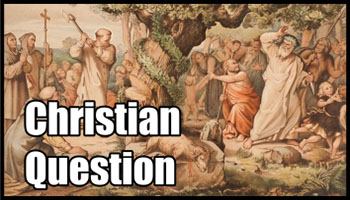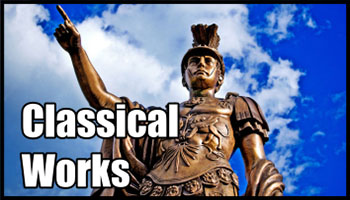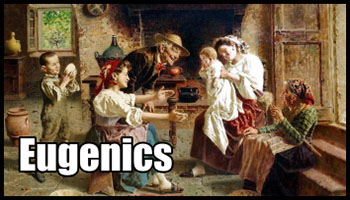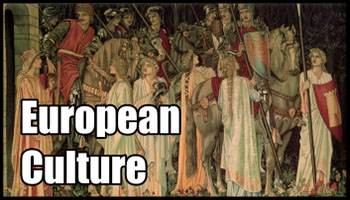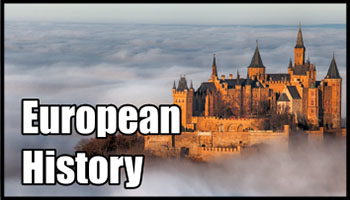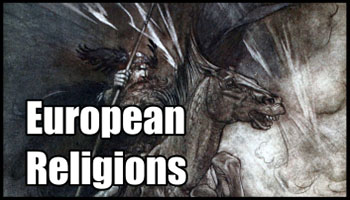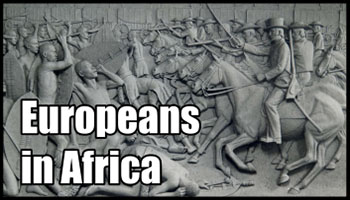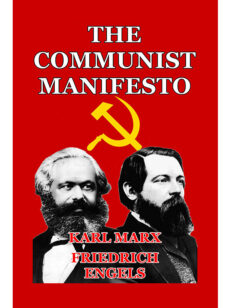Description
By Karl Marx and Friedrich Engels. Few political manifestos in the history of the world have sparked such conflict and division as the 1848 Communist Manifesto, jointly written by Karl Marx and Friedrich Engels. Its powerful message continues to resonate throughout society to the present day, and is thus worthy of study, even if only to discover first-hand what was said.
The Communist Manifesto is a not uninteresting analytical approach to the class struggle and then-present) and the problems of capitalism and the capitalist mode of production—and not, as many think, a prediction of communism’s potential future forms. Most significantly, a reading of the Communist Manifesto of 1848 reveals just how much present-day liberalism has taken over almost all the main ideological positions of Communism with regard to its insistence on total equality, irrelevant of hereditary or origin.
This book details how these two thinkers believed that it was inevitable that the capitalist society of their time would eventually be replaced by socialism—a prediction which has, despite the nightmare of the Soviet Union era, has come true to a surprisingly large degree.
Most societies today, for example, contain varying degrees of socialist enterprises—even the USA, supposedly the most “capitalist” society on earth, has state-owned enterprises (the USPS, Medicaid, Medicare, and numerous others).
The first section of the Manifesto, “Bourgeois and Proletarians,” discusses the materialist conception of history, claiming that “the history of all hitherto existing society is the history of class struggles.” Societies have always taken the form of an oppressed majority living under an oppressive minority, and under capitalism, the working class, or proletariat, must engage in class struggle against the owners of the means of production, the bourgeoisie. This struggle will end, the manifesto says, in a revolution that reshapes society.
The second section, “Proletarians and Communists,” claims that the world’s proletariat will unite under the Communists, and outlines a number of demands most commonly thought of as the “Communist Manifesto”:
1. Abolition of property in land and application of all rents of land to public purposes.
2. A heavy progressive or graduated income tax.
3. Abolition of all rights of inheritance.
4. Confiscation of the property of all emigrants and rebels.
5. Centralisation of credit in the hands of the state, by means of a national bank with State capital and an exclusive monopoly.
6. Centralisation of the means of communication and transport in the hands of the State.
7. Extension of factories and instruments of production owned by the State; the bringing into cultivation of waste-lands, and the improvement of the soil generally in accordance with a common plan.
8. Equal liability of all to work. Establishment of industrial armies, especially for agriculture.
9. Combination of agriculture with manufacturing industries; gradual abolition of all the distinction between town and country by a more equable distribution of the populace over the country.
10. Free education for all children in public schools. Abolition of children’s factory labour in its present form. Combination of education with industrial production, &c, &c.
The third section, “Socialist and Communist Literature”, distinguishes communism from other socialist doctrines prevalent at the time—Reactionary Socialism; Conservative or Bourgeois Socialism; and Critical-Utopian Socialism.
The fourth section, “Position of the Communists in Relation to the Various Opposition Parties,” outlines their positions vis-à-vis the ongoing political struggles in France, Switzerland, Poland, and Germany, this last being “on the eve of a bourgeois revolution”, and predicts that a world revolution will soon follow.
The most serious error in the document is, of course, the ignoring of the ultimate determinant of society—that of race—in favor of class, and the fact that all of history is a function of race, not class. This failing—which is the ultimate reason why all Marxist and neo-Marxist liberalism is doomed to failure, is also the cause of the greatest ideological, political and philosophical division in the world today: that between those who know that biological reality controls all destiny, and those who deny this fact.
156 pages. Paperback.

